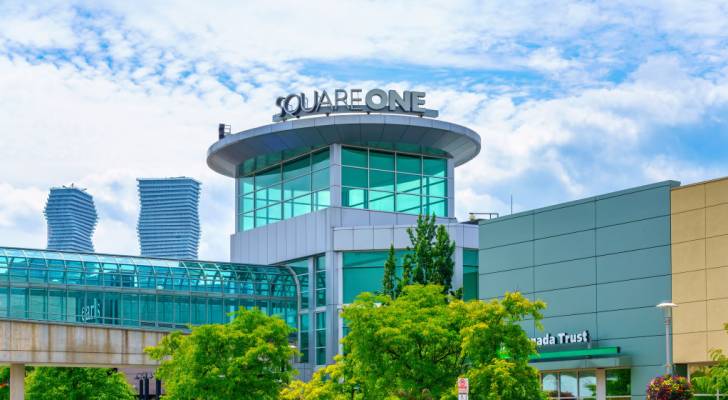
Farzi Café, a high-end Indian eatery in Square One Shopping Centre in Mississauga, Ontario, first hit headlines earlier this year when it was temporarily shuttered over health violations, documented in public health orders after inspectors found multiple safety infractions. Yet, its reopening proved short-lived.
Last week, the restaurant quietly closed its doors again. This time, diners aren’t concerned about sanitation. They’re accusing the café of an entirely different kind of contamination: financial deception.
Since early June, online critics have raised alarm over inflated bills. A viral TikTok by Harnoor Sahota recounted a baffling $240 charge for a party of three that included unrequested appetizers, inconsistent menu prices and unauthorized gratuities. The video quickly amassed over 600,000 views, attracting hundreds of similar Google, TripAdvisor and Reddit reviews detailing aggressive upselling and ambiguous charges.
More than 20 complaints have since been filed with the Better Business Bureau, earning the café an “F” rating. Despite calling the allegations “baseless” and announcing legal intentions on an Instagram post that has since been removed, the restaurant has also now vanished from Square One and refused to comment further.
Drip pricing: Not just a theme-park trick
Farzi Café’s closure isn’t an isolated case of questionable pricing. This spring, Canada’s Wonderland, Canada’s largest theme and waterpark in Vaughan, faced a lawsuit from the Competition Bureau over so-called “drip pricing.”
The Bureau alleges Wonderland advertised ticket prices starting at $49.99 — but only once undisclosed fees ($0.99–$9.99 per ticket or parking processing) were tacked on did the true cost emerge. That’s a textbook drip‑pricing scheme: Drawing customers in with a low headline price, then revealing mandatory add-ons at purchase. The Bureau’s May 5 filing asks the Competition Tribunal to force Wonderland to stop, pay penalties and issue refunds to affected consumers.
Wonderland counters that all fees are disclosed “from the outset” and that variable fees provide flexibility — a claim disputed by critics and the Bureau alike. The financial stakes are high: Last year, Cineplex paid $39 million in a similar case, and class-action suits are already emerging against Wonderland.
Turn the tables on tricky pricing schemes
Let these cases be a lesson: Any time you see low headline prices, find and read the fine print. Here’s how you can protect yourself:
- Spot drip pricing early. If a “from” price jumps at checkout, question it
- Calculate the full cost. Add all mandatory fees — processing, gratuity, surcharges — before paying
- Track billing surges. Save receipts and compare them to advertised prices. If something’s off, report it to your credit card provider or the Competition Bureau
- Use complaints as ammo. A public profile of reports can lead companies to change pricing or face legal action
- Vote with your wallet. Avoid businesses with opaque billing and support those that include all-in pricing upfront
When the bill doesn’t add up
In the digital age, customers are increasingly vulnerable to hidden charges, from the dinner table to the ticket kiosk. Whether it’s extra appetizers you never asked for or fees you didn’t expect, companies are constantly testing the limits of what customers will tolerate.
Your best defense? Stay vigilant, ask questions and insist on transparency. Because when pricing isn’t clear, whether at a restaurant or a theme park, it’s more than a scam. It’s a breach of trust.
Sources
1. Mississauga.com: Restaurant at Square One ordered to temporarily close during health inspection (April 14, 2025)
2. Better Business Bureau: Farzi Cafe
This article provides information only and should not be construed as advice. It is provided without warranty of any kind.